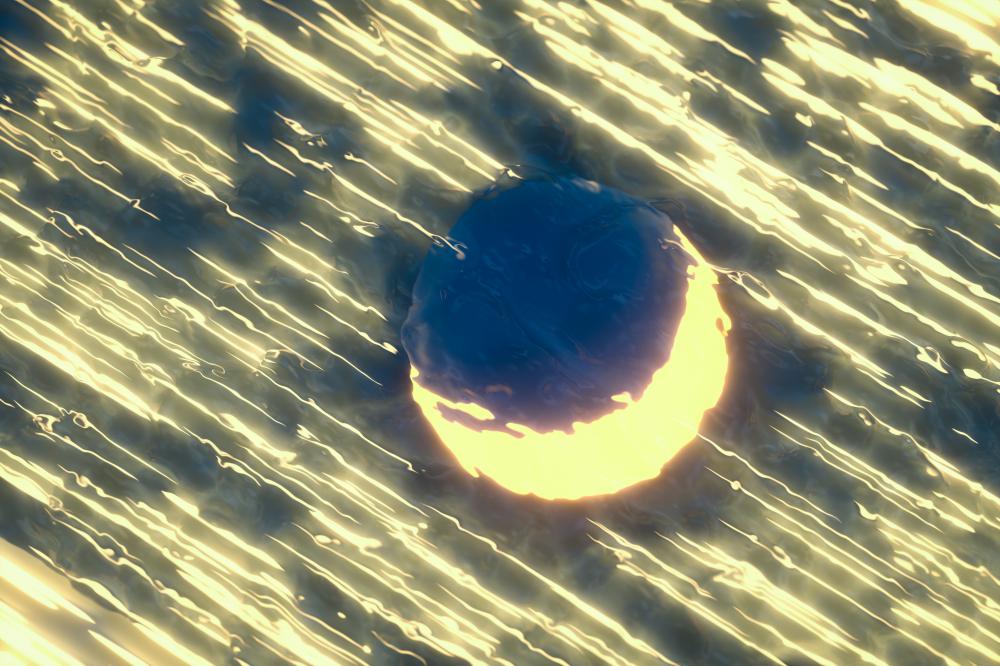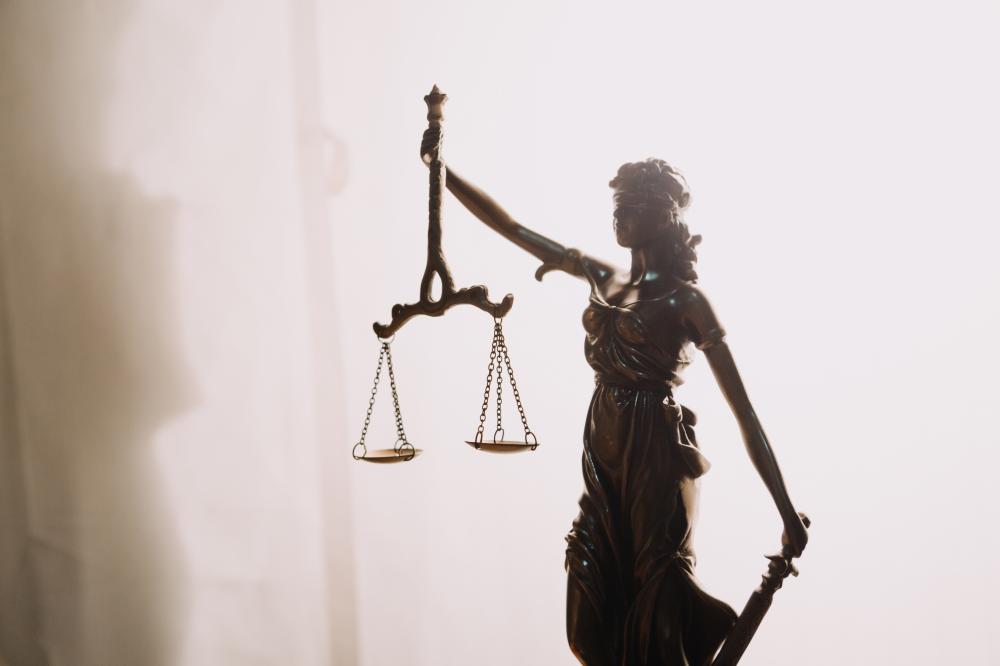
Understanding Solar Blinding
In our line of work, we’ve seen firsthand how inadequate protection during solar events can lead to a condition known as solar blinding or solar retinopathy. This ailment occurs when the eyes are exposed to the sun’s rays without the necessary safeguards, such as properly certified sunglasses. The sun emits powerful ultraviolet (UV) and infrared (IR) radiation that can harm the delicate structures inside the eye, particularly the retina.
Risks of Fake Sunglasses
One of the most prevalent issues contributing to solar blinding incidents involves the use of counterfeit or fake sunglasses. These products often lack the critical filtration needed to block harmful UV and IR radiation effectively. In the excitement of witnessing a solar eclipse or any other solar event, many individuals unknowingly compromise their eye safety by using these inadequate eye protectors, believing them to be safe.
We urge everyone to verify the authenticity and safety standards of their eclipse glasses. Look for eyewear that meets approved standards, such as the ANSI rating, which assures the necessary level of protection against the sun’s rays.
Symptoms and Effects of Solar Blindness
Solar retinopathy can manifest in several ways, including blurred vision, a noticeable loss in the central field of vision, discomfort in the eyes, and alterations in color perception. These symptoms can vary in severity and duration but underscore the critical need for immediate medical evaluation and treatment to mitigate long-term damage.
Legal Recourse for Victims
At Solar Blindness Injury Attorney, our mission extends beyond raising awareness to actively seeking justice for those affected by solar blinding due to fake or defective sunglasses. We champion the rights of victims, aiming to secure compensation for their medical costs, pain, suffering, and any additional expenses incurred because of the injury. Our expertise and dedication make us a steadfast ally in navigating the complexities of personal injury claims associated with eye damage.
Taking Action
If you believe you’ve experienced symptoms of solar retinopathy after using defective eclipse glasses, the first step is to see an optometrist or ophthalmologist for a thorough eye examination. Documenting your condition medically is crucial. Additionally, retaining proof of purchase for the sunglasses and preserving the glasses themselves can serve as vital evidence in your case.
Contacting a specialized attorney as soon as possible can significantly enhance your chances of a favorable outcome. Our team is ready to guide you through the process, providing the support and expertise necessary to seek the compensation you deserve.
Prevention and Awareness
Preventing solar blinding begins with public education and awareness. It’s essential to understand the risks associated with solar events and the importance of using only certified protective eyewear. Spreading knowledge about the potential dangers and how to avoid them is a cornerstone of our mission.
By choosing the right sunglasses and educating others about the risks, we can collectively reduce the incidence of solar retinopathy and ensure that future solar events are safe and enjoyable for everyone.
Keep in Mind
As dedicated advocates for eye safety, we at Solar Blindness Injury Attorney stand committed to protecting individuals from the dangers of solar blinding. Through education, legal action, and a relentless pursuit of justice, we aim to prevent injuries caused by inadequate solar eyewear and support those affected on their path to recovery.
Remember, the allure of witnessing a solar eclipse or any celestial event should never compromise your eye health. Safeguarding your vision with the right protective gear is paramount, and in cases of injury, know that you have allies ready to assist in your defense and recovery.

What is a solar blind?
When people ask about a solar blind, they’re often referring to two different concepts, so let’s clarify. In the context of eye safety and solar events, solar blindness, or solar retinopathy, occurs when the eyes are exposed to the sun’s harmful rays without proper protection, leading to damage. This kind of injury can manifest after looking at the sun directly during events like solar eclipses without wearing certified sunglasses or eclipse glasses designed to block harmful ultraviolet (UV) and infrared (IR) radiation. It’s a physical injury to the retina, which can result in temporary or permanent vision impairment.
On the other hand, solar blinds in a home or office setting are window coverings designed to block out sunlight and UV rays to varying degrees, depending on their material and design. They help in controlling light, reducing glare, and protecting interior spaces from sun damage, but they’re not meant for eye protection during solar events.
How effective are solar blinds?
In the realm of window treatments, solar blinds can be quite effective in reducing glare, controlling heat gain, and protecting furniture and floors from UV damage. Their effectiveness depends on the quality of the materials used and their specific design features. Some are designed to offer a clear view of the outside while still blocking out a significant amount of UV radiation and heat, making them a popular choice for sunny areas in homes and offices. For eye protection during solar events, however, only specifically designed eclipse glasses or viewers certified to international safety standards are effective and should be used.
Are solar blinds expensive?
The cost of solar blinds varies widely based on the materials, the size of the blinds, and any custom features or designs. Generally, they can be considered an investment in your home or office due to their benefits in energy efficiency and protection against UV damage. While some options can be relatively affordable, premium materials and custom sizes can increase the price. It’s important to compare the long-term benefits of reduced energy costs and protection against sun damage with the initial expense.
Can people see through solar blinds?
Yes, one of the appealing features of many solar blinds is their ability to block or filter sunlight while still allowing visibility from the inside out. The level of visibility depends on the openness factor of the fabric used; a higher openness factor means more light and visibility, whereas a lower openness factor means less light and reduced visibility. This feature makes solar blinds a versatile choice for many, as they provide protection without sacrificing natural light and views.
How can one recognize counterfeit sunglasses?
Recognizing counterfeit sunglasses, especially those claimed to be safe for solar viewing, requires a keen eye. Genuine solar eclipse glasses are designed to meet specific safety standards, such as ISO 12312-2 for sun viewing. Always check for the manufacturer’s information and the certification standard printed on the glasses. Be wary of glasses without any markings or those that claim to be “NASA approved” as NASA does not endorse commercial products. The glasses should not allow you to see anything except the sun itself when worn. If you can see ordinary household lights through them, they’re not safe for solar viewing.
Additionally, buying from reputable dealers rather than street vendors or unverified online sellers can decrease the risk of acquiring counterfeit glasses. If the price seems too good to be true, it probably is. A little research and due diligence go a long way in protecting your eyes during solar events.
What legal actions can be taken if someone is injured by using fake sunglasses?
If someone suffers eye damage due to using counterfeit or inadequate sunglasses for solar viewing, they may have legal recourse. First and foremost, seek medical attention to document the injury and its potential causes. Then, it’s advisable to consult with attorneys who specialize in product liability or personal injury, like our team at Solar Blindness Injury Attorney. Victims may be entitled to compensation for medical expenses, pain and suffering, and other damages.
Gathering evidence is crucial–keep the sunglasses as they may serve as evidence, along with any packaging, receipts, or promotional materials that advertised the sunglasses. A detailed account of where and how the glasses were purchased and used can also support a legal claim. Our firm is well-versed in navigating the complexities of such cases and can offer the guidance and representation needed to seek justice.
How can solar blindness be prevented?
Preventing solar blindness is fundamentally about ensuring you have the right protective eyewear for solar events. Always use eclipse glasses or viewers that meet the international safety standard ISO 12312-2. Educate yourself on the proper use of these glasses and test them before the event–if they’re scratched, punctured, or torn, discard them. Never look at the sun through cameras, telescopes, binoculars, or any other optical devices while using your eclipse glasses, as the concentrated solar rays can damage the filter and enter your eyes, leading to serious injury.
Spreading awareness about the risks of solar blindness and how to prevent it is also key. Share reliable information with friends and family, especially before a solar event, to ensure everyone’s safety. Remember, prevention is always better than cure, especially when it comes to the health of your eyes.
Resources
- American Academy of Ophthalmology – Solar Eclipse Eye Safety – Learn about the importance of using certified protective eyewear during solar events to prevent eye damage.
- Centers for Disease Control and Prevention – Sun Safety for Schools – Discover resources on how to educate students about sun safety and the risks of inadequate eye protection.
- American Optometric Association – UV Protection – Understand the significance of UV protection in eyewear and how to choose the right sunglasses for eye safety.
- National Eye Institute – Solar Retinopathy Information – Access valuable data and statistics on solar retinopathy to raise awareness and promote eye health.
San Antonio TX 78205